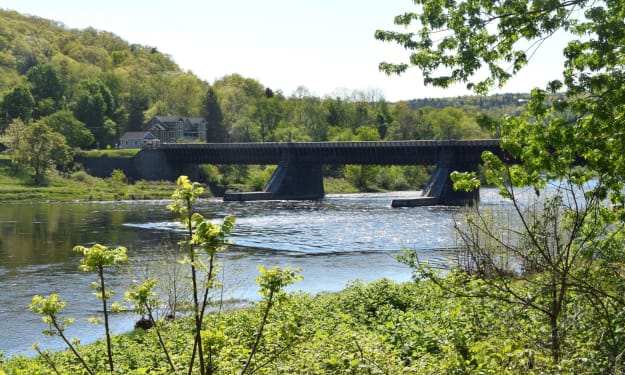
An ecosystem is a complex and dynamic community of living and non-living things that interact with each other in a specific environment. It is a delicate balance of relationships between plants, animals, microorganisms, and the physical environment in which they live. Ecosystems can be found in a variety of environments, including forests, grasslands, deserts, oceans, and even urban areas.
The components of an ecosystem include producers, such as plants and algae, which produce their own food through photosynthesis; consumers, such as animals and humans, which obtain their energy by consuming other organisms; decomposers, such as bacteria and fungi, which break down dead organic matter into simpler substances; and abiotic factors, such as temperature, humidity, light, and water, which affect the functioning of the ecosystem. The interactions within an ecosystem are complex and multifaceted.
Predation, where one organism consumes another, is a common interaction between predators and prey. Competition, where two or more organisms compete for the same resource, such as food or water, is another important interaction. Symbiosis, where two or more organisms live together in a mutually beneficial way, is also common in ecosystems. For example, plants and fungi have a symbiotic relationship, where the plant provides carbohydrates to the fungus, and the fungus provides nutrients to the plant.
Decomposition, where decomposers break down dead organic matter into simpler substances, is also an important interaction in ecosystems. Ecosystems provide several services that are essential for human well-being. Air and water purification, soil formation, climate regulation, and food production are all important ecosystem services. For example, forests help to purify the air by removing pollutants and toxins, and they also provide habitat for a diverse range of plants and animals. Wetlands help to purify water by removing pollutants and sediments, and they also provide habitat for a diverse range of plants and animals. Ecosystems also provide a range of cultural and recreational services, such as tourism and recreation.
Human activities have a significant impact on ecosystems. Habitat destruction, pollution, overexploitation, and climate change are all major threats to ecosystems. For example, deforestation and urbanization can destroy habitats and disrupt ecosystems. Pollution can harm ecosystems and the organisms that live within them. Overfishing and overhunting can deplete ecosystems and harm the organisms that live within them. Climate change can alter the distribution and abundance of species, and can also disrupt the functioning of ecosystems. Conservation of ecosystems is essential for maintaining the health and well-being of both humans and the environment.
This can be achieved through a range of strategies, including protected areas, sustainable practices, education and awareness, and policy and legislation. Protected areas, such as national parks and wildlife reserves, can help to conserve ecosystems by providing a safe haven for plants and animals. Sustainable practices, such as sustainable agriculture and forestry, can help to conserve ecosystems by reducing the impact of human activities on the environment.
Education and awareness can help to promote conservation by raising awareness of the importance of ecosystems and the impact of human activities on them. Policy and legislation can help to promote conservation by providing a framework for protecting ecosystems and promoting sustainable practices. In conclusion, ecosystems are complex and dynamic communities of living and non-living things that interact with each other in a specific environment.
They provide a range of essential services, including air and water purification, soil formation, climate regulation, and food production. Human activities have a significant impact on ecosystems, and conservation is essential for maintaining the health and well-being of both humans and the environment.
About the Creator
kalasa Aaron
"Writer with a talent for crafting engaging, reader-friendly content that resonates with audiences.
Enjoyed the story? Support the Creator.
Subscribe for free to receive all their stories in your feed. You could also pledge your support or give them a one-off tip, letting them know you appreciate their work.






Comments
There are no comments for this story
Be the first to respond and start the conversation.